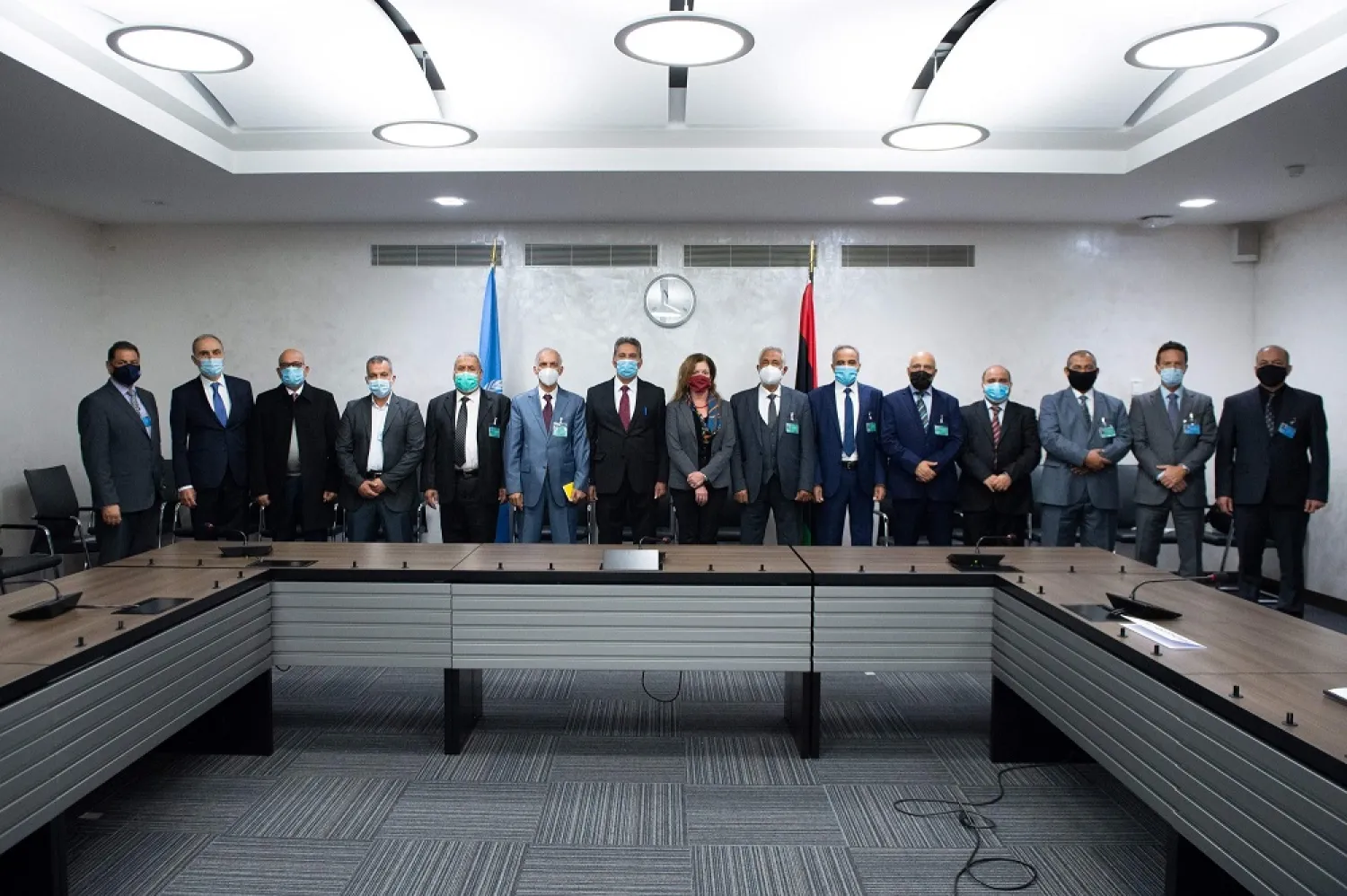The United Nations and its Security Council have threatened to sanction parties obstructing the implementation of the ceasefire that was agreed last week by delegations from the east-based Libyan National Army (LNA) and Tripoli-based Government of National Accord (GNA).
Despite the warning, informed sources in the capital Tripoli revealed that the ceasefire may stumble at efforts to disband militias that are loyal to the GNA.
Speaking on condition of anonymity, they said that GNA Interior Minister Fathi Bashagha had devised a plan to disarm the militias and other armed factions that are loyal to the government.
These efforts have been met with refusal by faction leaders, who have rejected Bashagha’s labeling them as militias even though the minister enjoys the support of the American administration and United Nations mission in Libya.
The sources predicted that clashes will intensify in coming days between the militias and GNA.
Bashagha has sought to restructure the militia by merging them in some security units.
The sources added that the militia loyalties are split between those allied to the minister and others that support Defense Minister Salah al-Namroush. Both officials have sought to bolster military and security ties with Turkey.
Bashagha had said that the Geneva ceasefire deal was doomed to fail, describing it as “fragile”. He said its success hinges on foreign countries ceasing their support to the LNA.
The UN Security Council on Tuesday ratified the ceasefire, calling on the LNA and GNA to "implement the agreement in full," diplomats said.
The declaration is to be followed up soon by a UN resolution, diplomatic sources said, according to AFP.
"The members of the Security Council welcomed the permanent ceasefire agreement" signed in Geneva under the aegis of the UN, and called on "the Libyan parties to abide by their commitments."
The Security Council also called on the two sides "to show the same determination in reaching a political solution" when they meet to discuss the issue further on November 9 in Tunisia, the declaration added.
It also cited the need for countries and parties to respect the arms embargo slapped on Libya in 2011 and to end any outside intervention in the country's internal affairs.
Meanwhile, Haftar met on Monday with the LNA delegation that had taken part in the UN-brokered talks. He also met with a delegation of Tuareg tribe elders. He stressed before them the importance of tribes in the ongoing war the LNA was waging to protect the country and rid it of “terrorist and extremist groups.”









